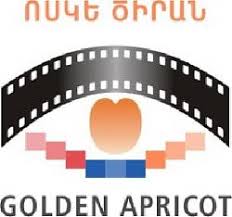 After the new political steps of Turkish government to Armenia, some Anatolian cities started to act on government’s way. At Akhdamar Ceremony, we witnessed possibility of tolerance and friendship situation among us. Thousands of people visited Van for joining to religious ceremony. Turkish Armenians and Armenians from Armenia lived in a different atmosphere in Van. Turkish people shared Turkish hospitality for visitors. Armenian visitors stayed a few days in Van and they understood that states should have done normalisation process two years ago. Political approaches are not efficient. Mainly, people can be successful to create a dialogue bridge between Turkey and Armenia.
After the new political steps of Turkish government to Armenia, some Anatolian cities started to act on government’s way. At Akhdamar Ceremony, we witnessed possibility of tolerance and friendship situation among us. Thousands of people visited Van for joining to religious ceremony. Turkish Armenians and Armenians from Armenia lived in a different atmosphere in Van. Turkish people shared Turkish hospitality for visitors. Armenian visitors stayed a few days in Van and they understood that states should have done normalisation process two years ago. Political approaches are not efficient. Mainly, people can be successful to create a dialogue bridge between Turkey and Armenia.
Akhdamar Ceremony ended and it has been first step to new age for neighbors. People of Van created good conditions and a newspaper which is called Van Times published Armenian pages for this important day. There was no any provocation against to joiners. But some groups declared their ideas against to this ceremony with saying that it was a political game of Turkish government to be member of European Union. Armenian authorities could give directions people to support this peace process. Leader of Turkish Armenian Patriarchate, Tatul Anushyan criticized Echmiadzin and other opponent Armenian authorities. Anushyan says that “This ambiance is very important. I would have wanted to see other people who are against to this ceremony. We’ll realize peace with these initiatives” Responsible reverend Drtad Uzunyan says that “I can’t express my feelings, this is an enormous happening to be here after 95 years. Thanks to Turkish state and government” We can not be pioneers under this political atmosphere. Two sides should have responsibilities without same political feelings. Turkish government has a big vision about this issue. Armenia should trust in Turkey and come together with this country. President of the Chamber of Industry and Trade in Van, Zahir Kandashoglu defended importance of free trade with Armenia. He promised to employ 50.000 people if borders will be opened.
Today we witness a new peaceful approach of Malatya. Carmuzu Tepebasi Mosque Foundation decided to restore historical Tashoron Armenian Church which is situated in Hrant Dink’s street in Malatya. It is a very important circumstance. It shares a great tolerance of Islamic idea. A foundation of mosque restores an Armenian church. Also we expect same sensitivity from Yerevan to save Turkish and Islamic historical buildings in Armenia. Also another happening is important. Yerevan complained about symbol of Malatya’s International Film Festival. Because Malatya uses Golden Apricot emblem for this festival. Armenia has used Golden Apricot symbol for many years at its film festival. Authorities in Yerevan declared to not use it by Malatya. Governor of Malatya, Ulvi Saran says thay “ I couldn’t understand approaches of Yerevan. Apricot is a natural symbol of Malatya. Also %75 production of apricot is provided by Malatya. Yerevan can be our partner about this subject. We can create new works under the name of Golden Apricot with Yerevan, it is possible”
Demand of Ulvi Saran is very important to realize a peace bridge. I think Malatya and Yerevan can be pioneers for normalisation process between Turkey and Armenia. Yerevan should create committes to share cultural values in Malatya like a festival. Also Malatya can do it in Nor-Malatia, Yerevan. We are ready for cooperation. In some sources I learned that Atom Egoyan who is chief of Armenian Golden Apricot Film Festival, is from Arapkir. His grandfather went to another region from Arapkir. Today this region is within Malatya. Also it can be a common value between states. We have too many tools for establishing this bridge. Are we ready?
Mehmet Fatih ÖZTARSU – Aravot Newspaper
Armenian version was published for Aravot Newspaper / Armenia


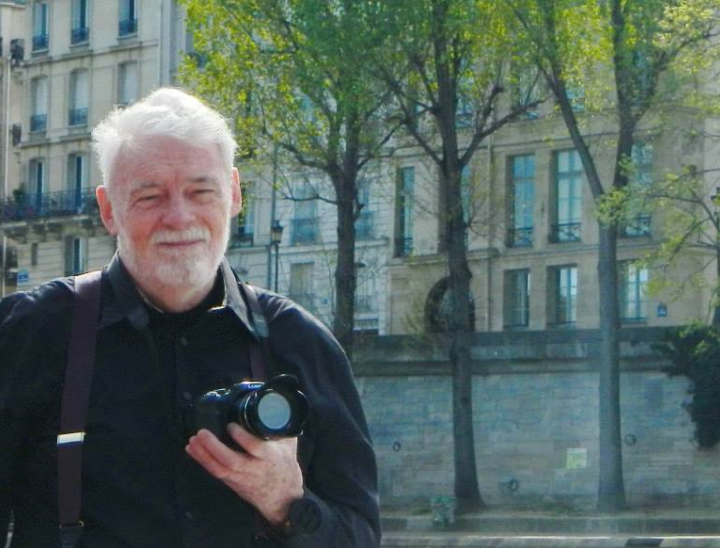
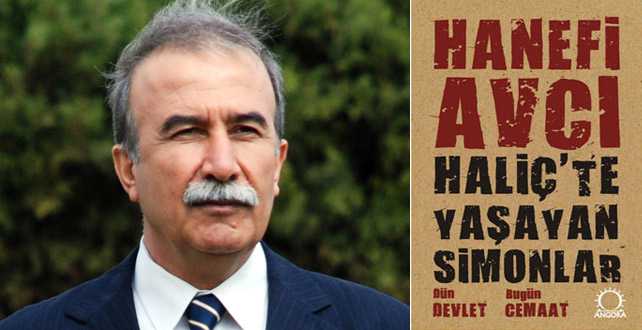 for writing a best seller. His book laid bare the widely suspected fact that Turkey’s highest government institution’s—police, army, and judicial system—had been infiltrated and indeed subverted by a religious cemaat, the Fethullah Gülen movement. (3) Since Avcı himself was once an eager activist for Gülen’s cemaat, the book has a certain whiff of authenticity.
for writing a best seller. His book laid bare the widely suspected fact that Turkey’s highest government institution’s—police, army, and judicial system—had been infiltrated and indeed subverted by a religious cemaat, the Fethullah Gülen movement. (3) Since Avcı himself was once an eager activist for Gülen’s cemaat, the book has a certain whiff of authenticity.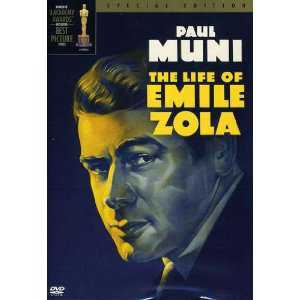 For those interested in a dramatic representation of this incident see the stunning classic film (1937) The Life of Emile Zola:
For those interested in a dramatic representation of this incident see the stunning classic film (1937) The Life of Emile Zola: 
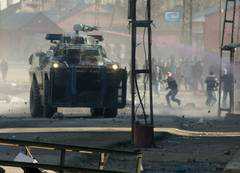
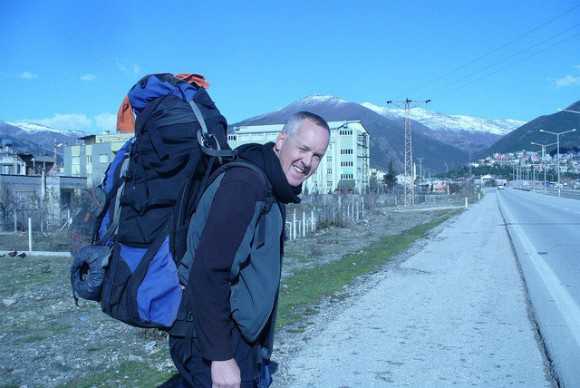
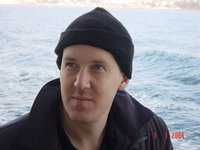 Before I lived in Turkey, I thought the word “jihad” was a word of hate and violence. I associated it with suicide bombers and crazed fanatics who flew airplanes into buildings.
Before I lived in Turkey, I thought the word “jihad” was a word of hate and violence. I associated it with suicide bombers and crazed fanatics who flew airplanes into buildings.